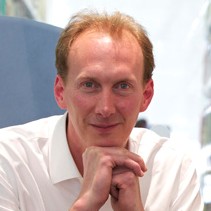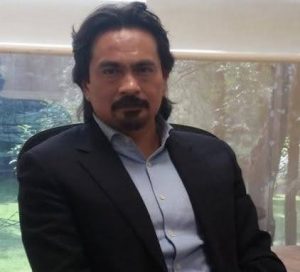
A WUN-funded project on Innovating the mathematics curriculum in times of change has led to support from United Kingdom Research and Innovation, and publication of a book connecting mathematics education with communities’ priorities.
The project has also been instrumental in securing support from the International Commission on Mathematics Instruction (ICMI) for further research.

“Mathematics holds a privileged place in the curriculum across the globe,” says Professor Alf Coles of the University of Bristol, “But are educational practices in mathematics relevant to students’ and communities’ concerns? There’s widespread recognition of the need to consider the role of mathematics education in issues such as climate change, poverty, inequality, health, discrimination and marginalization.” Coles and Associate Professor Kate le Roux of the University of Cape Town led the project team[1]. Working with curriculum experts and specialists in mathematics, climate science, and Indigenous knowledge, they examined three questions:
- How can mathematics curricula be made relevant to students in their local contexts, in a globally connected world?
- How can these curricular developments be incorporated in the training of prospective teachers?
- How can Higher Education researchers in different contexts collaborate most effectively to develop knowledge about curricular change?

To answer the first question, the researcher examined cases from the real world. For example, a project partner, Dr. Armando Solares Rojas of Cinvestav, connected scientists monitoring river pollution in the Atoyac (Mexico) with local schools and community groups. Teachers and students studied why the river is so polluted today. Mathematics played a crucial role in these activities.
The mathematical educational activities used in the project, designed by teachers, scientists, community organisations, NGOs and the project team, have now been published in a book, supported by the United Kingdom Research and Innovation Global Challenges of Research Fund. Further research will also examine how project learning can be applied across South America.
On the second question, the University of Cape Town reworked its entire first-year undergraduate mathematics program in a South African context, considering the historical marginalization of schools and communities and how a more equitable approach might be possible.
On the third question, researchers will continue to collaborate to develop knowledge. Coles and Le Roux have been invited to co-chair the International Commission on Mathematics Instruction’s (ICMI) 2025 ‘Mathematics Education and the Socio-Ecological’ Study Conference.
“It’s quite radical for ICMI to invest in and support an emerging area of research, which is how I would characterize work on how mathematics education intersects with social, political and ecological issues. The WUN project has been important in securing this support,” says Coles.
“The Study Conference aims to bring together the ‘state of the art’ of research in this area. It also aims to inspire further research into how mathematics curricula across the world might adapt in the face of the socio-ecological precarities we face.”
“When mathematics is taught creatively it’s engaging and empowering,” Coles finishes. “Making the subject relevant to students’ needs and concerns enables them to enjoy its beauty and its utility to make positive contributions in local society and respond to global challenges.”
What next?
- Sign up to the WUN newsletter to get the latest stories about our members’ research, three times per year.
- For details of the ICMI Study Conference on ‘Mathematics Education and the Socio-Ecological’, including how to get involved, see: https://icmistudy27.sciencesconf.org
[1] The WUN ‘Innovating the mathematics curriculum in times of change’ group includes members from the University of Alberta, the University of Bristol, the University of Cape Town, and The Chinese University of Hong Kong as well as WUN+ partners. For more information, see their WUN page.
Photo credits
- Central Offices of the Fray Julián by Cristofer Yair Uribe Vergara
- Alf Coles, Professor of Mathematics Education, University of Bristol.
- Dr Armando Solares Rojas, Principal Investigator of the Community, Science, and Education Network.
- “Matlalcueyetl” Cooperative, Ixtacuixtla de Mariano Matamoros Community, Tlaxcala State, México by Cristofer Yair Uribe Vergara